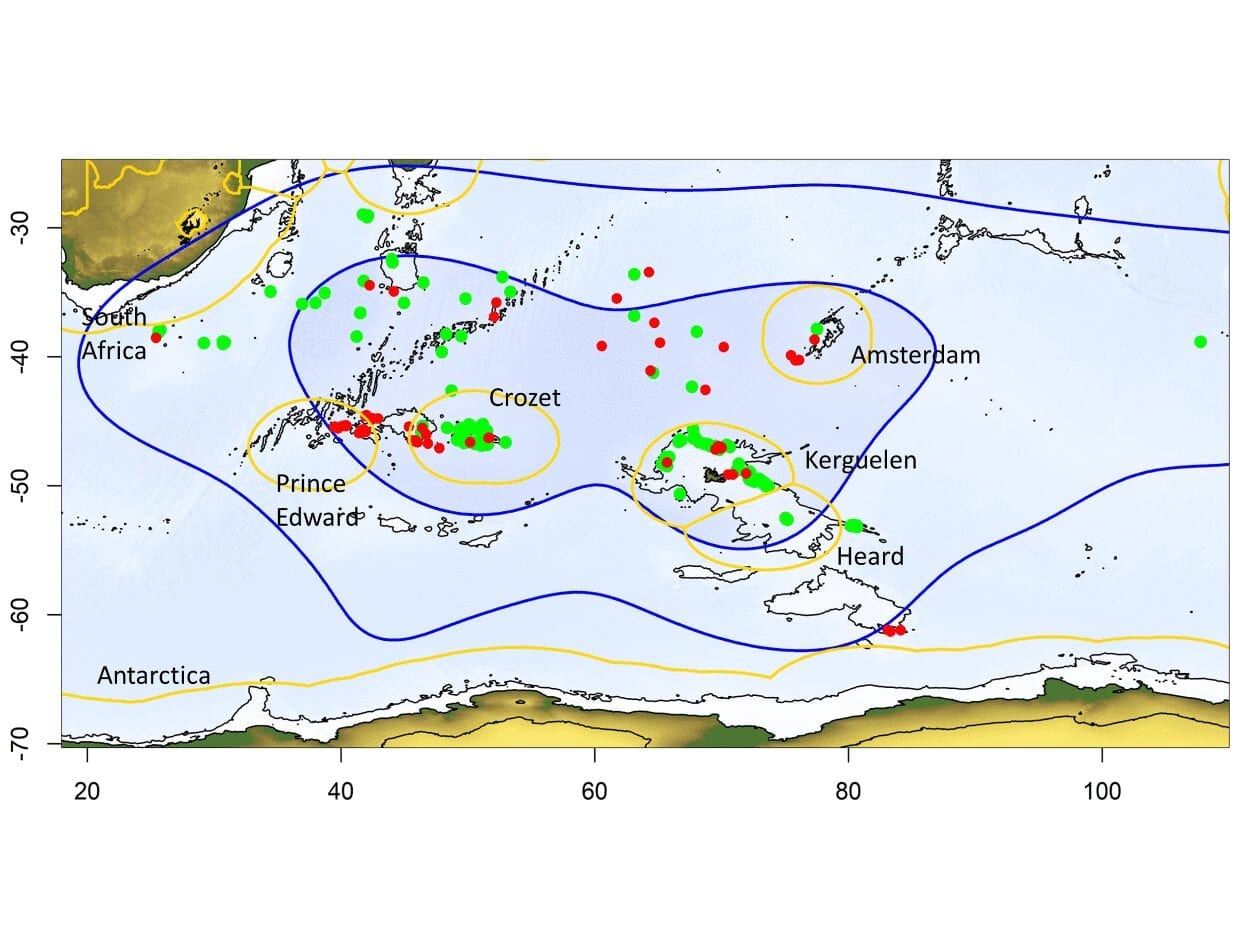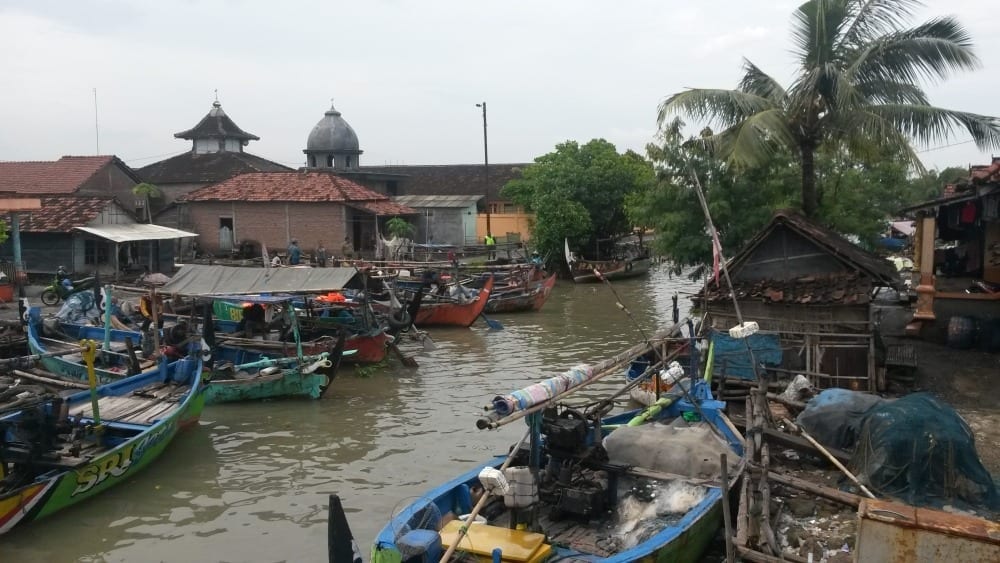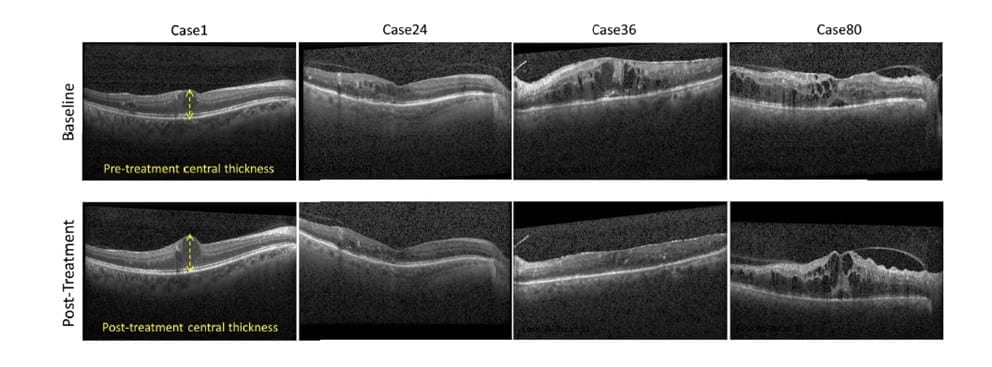Foraging zone of Ocean sentinel albatrosses (blue line) showing the location of declared vessels (green dots) and undeclared vessels (red dots) in international waters and in national zones (yellow lines)
Credit: Weimerskirch et al./PNAS
Using albatrosses fitted with loggers, researchers at the CNRS and La Rochelle Université, in association with the Administration des Terres Australes et Antarctiques Françaises, which manages the natural reserves of the French southern and Antarctic lands, have made a first estimation of the number of non-declared fishing boats operating without an identification system in the Southern Ocean: more than a third of the boats the birds detected in international water were non-declared. The results of the Ocean Sentinel project are published in PNAS on 27 January 2020.
Albatrosses do not only inspire poets and ancient mariners! Scientists at the Centre d’études biologiques de Chizé (CNRS/La Rochelle Université)1 made use of these majestic creatures with their huge wingspans to detect fishing boats that do not have an automatic identification system (AIS) in the southern Indian Ocean.
These birds’ characteristics are very interesting for the scientists’ mission; they fly great distances and are particularly attracted by fishing boats. That makes them perfect candidates for the Ocean Sentinel programme, established by researchers in collaboration with teams at the French natural reserve and New Zealand’s Sextant Technology.
With almost 170 albatrosses equipped with loggers for six months, the Ocean Sentinel project monitored more than 47 million km2 of the Southern Ocean, providing the first estimation of the proportion of non-declared fishing vessels operating in this region. The researchers found that more than one third of the boats encountered in international waters could not be identified.
The Ocean Sentinel loggers use an Argos system, a GPS and a unique miniature radar detector. Because even if illegal vessels are not using their AIS, they do need a radar to navigate. When an albatross approaches a boat, its logger detects the radar signal emitted and indicates its position directly to the scientists. If it does not correspond to the position of a vessel identified by AIS, in national waters the boat may be involved in illegal activity.
Developed as part of an European programme, the ERC Proof of Concept, with the support of the Institut polaire français Paul-Emile Victor, Ocean Sentinel encourages the development of innovations that make independent data collection for conservation possible thanks to animals. Already in the test phase in New Zealand and Hawaii, the technology developed could also be adapted for other marine species like sharks and sea turtles.
The Latest Updates from Bing News & Google News
Go deeper with Bing News on:
Illegal fishing
- NZ Navy supports Fiji in illegal fishing sting
A 10-personnel Royal New Zealand Navy contingent has completed a six-week deployment supporting the Fiji Ministry of Fisheries to counter illegal, unreported and unregulated fishing in Fiji’s ...
- Senegal : government aims to curb illegal fishing
First step towards more transparency in the fishing sector in Senegal. On Monday, the government published a list of boats authorized to fish in Senegalese waters. More information with FRANCE 24 ...
- 11 arrested for engaging in illegal fishing in northern seas
The Navy nabbed 11 persons for engaging in illegal night diving and light-coarse fishing, during separate operations conducted in the ...
- NZ Navy helps monitor Fiji waters against illegal fishing
The majority of vessels inspected by a 10-personnel Royal New Zealand Navy contingent and officers from the Ministry of Fisheries were in compliance with their terms of their licenses. The crew only ...
- Deadly fishing methods that destroy the environment
But unregulated and illegal fishing practices can destroy these protected zones, especially if they use destructive fishing methods. In other places, there are not enough laws and enforcement put in ...
Go deeper with Google Headlines on:
Illegal fishing
[google_news title=”” keyword=”illegal fishing” num_posts=”5″ blurb_length=”0″ show_thumb=”left”]
Go deeper with Bing News on:
Non-declared fishing boats
- The 5 Best Trolling Motors of 2024
We like this one for anyone putting together a simple Jon boat setup for fishing or waterfowling. The 30-inch shaft is $139.99, and the 36-inch shaft is $209.99, making this an incredible value ...
- 100 civilian fishing boats to join Scarborough Shoal convoy
A total of 100 civilian fishing boats will join the Scarborough Shoal convoy on May 15, culminating in the installation of assertive buoys amid mounting tensions in the West Philippine ...
- In Today’s Issue
The RSF is made up largely of former members of the Janjaweed militia, which carried out the earlier genocide in Darfur and is now unleashing similar violence against non-Arab civilians there.
- Fish Wars
Competition over food resources is hardly new, but the rising twin threats of IUU fishing and climate change are bringing a new threat to the forefront of global security: international fishery ...
- Three people rescued after fishing boat sinks
Three people on board a fishing boat have been rescued after their vessel sank off Devon's coast. The coastguard said a mayday call was received from a Brixham-based boat at about 21:20 BST on ...
Go deeper with Google Headlines on:
Non-declared fishing boats
[google_news title=”” keyword=”non-declared fishing boats” num_posts=”5″ blurb_length=”0″ show_thumb=”left”]











